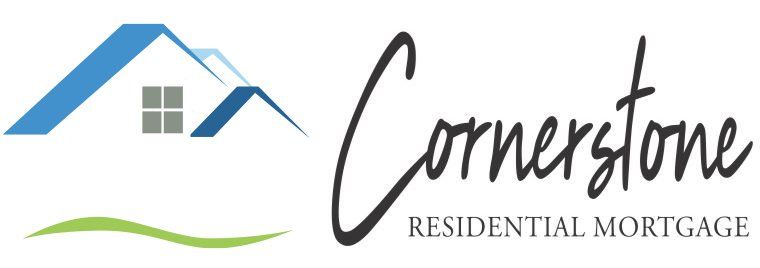
Buying your first home is an exciting idea. It's synonymous with living the American Dream and often starts your family off on a path to a stable and optimistic future. But, if you're home shopping for the first time, it can also be a confusing time that leaves you with many questions.
So, how can you successfully navigate the steps toward first-time homeownership? Here are four steps to get you on the road.
Check Your Credit
One of the first steps you should take before looking into a loan the size of a mortgage is to check your credit report. Many young people aren't aware of what's on their credit history and aren't actively monitoring it for problems. You can check your report for free once per year at annualcreditreport.com
if you don't have another free source through your bank or credit card company.
If anything on your report is inaccurate, pursue having it corrected by the reporting agency as soon as possible. It can take a while for errors to be corrected, so start well in advance of talking to a mortgage banker. If there are negative items in your history, it may be best to wait for them to drop off the report before proceeding with your mortgage.
Assess Your Cash Flow
The costs of buying and owning a home are one of the biggest concerns for many buyers, so it's vital to be prepared to cover your new expenses. While many people focus on saving for a down payment or covering the monthly mortgage payment, there are actually many lesser-known expenses that can throw off your budget. These include things like closing costs, property taxes, homeowners' insurance, maintenance and repair costs, and HOA fees.
Mortgage lenders generally use a ratio of your debt to your income in order to determine if they will loan you money. The ideal percentage for the cost of your mortgage is about 28% of your gross (pretax) income. If you have other debt, the preferred ratio of total debt rises to about 40% of your income. If you have non-mortgage debts already in place, it may be a good idea to reduce or eliminate them in order to meet this ratio and allow extra room in the budget to pay for unexpected housing expenses.
Research First-Time Buyers' Options
First-time homebuyers
have many special programs to help them buy a house. Buying assistance can include lower interest rates, lower down payments, grants to pay closing costs, loan forgiveness programs, and tax credits. Research all your available options before deciding on any given program to find the best one for you. And be sure you read all the fine print in order to avoid things like having to repay money or tax credits if you sell the home.
Get Your Papers in Order
Getting a mortgage will entail a lot of paperwork, and you can make your life easier by getting some of that paperwork in order before meeting with a mortgage specialist. Common documents you may be asked to provide include:
- Recent paystubs
- Two or three years of W-2s
- Income tax returns for the prior two or three years
- Several complete recent bank statements
- Income information for self-employed individuals
Rather than wait until you're in a rush to qualify and sign on a mortgage, put these documents together in a folder and keep it updated as time passes.
Being prepared when you meet with your banker will undoubtedly help you find the right mortgage, the right home, and the best price. And then you can start living your own American Dream in your new house.



